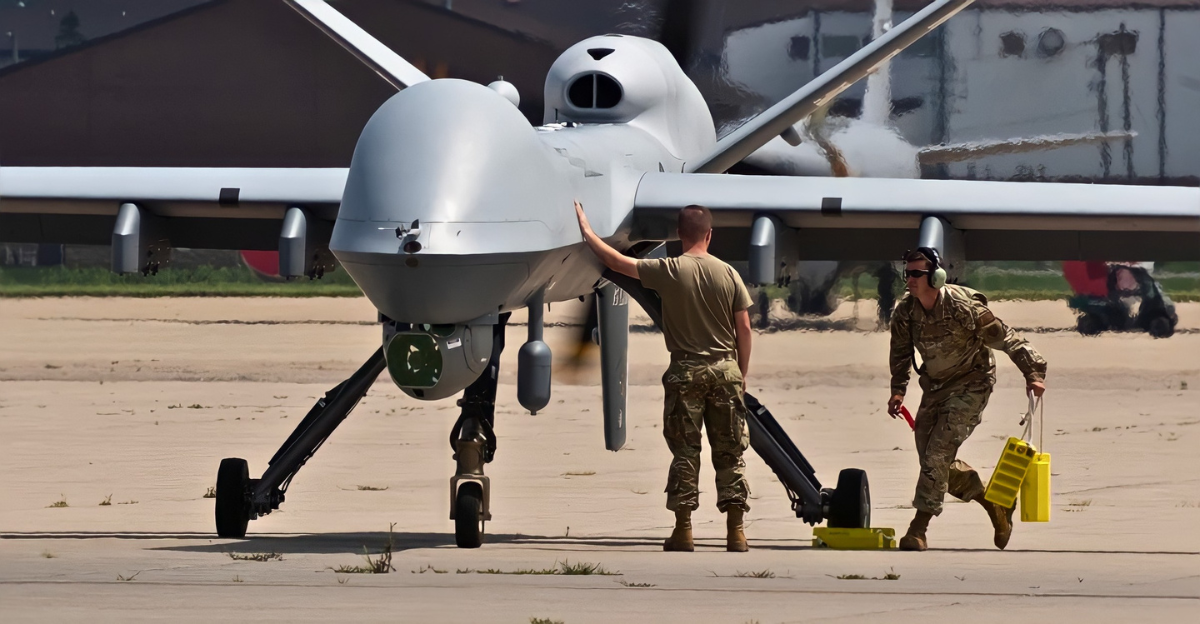
A U.S. Customs and Border Protection MQ-9 Guardian drone flew 600 miles deep into Mexico on August 13, 2025, marking an extraordinarily rare border incursion for U.S. surveillance assets. San Angelo Live reports that officials say Mexico requested the operation, raising new questions about sovereignty and escalating anti-cartel strategies.
Trump Administration Authorizes Pentagon to Target Drug Cartels With Military Force
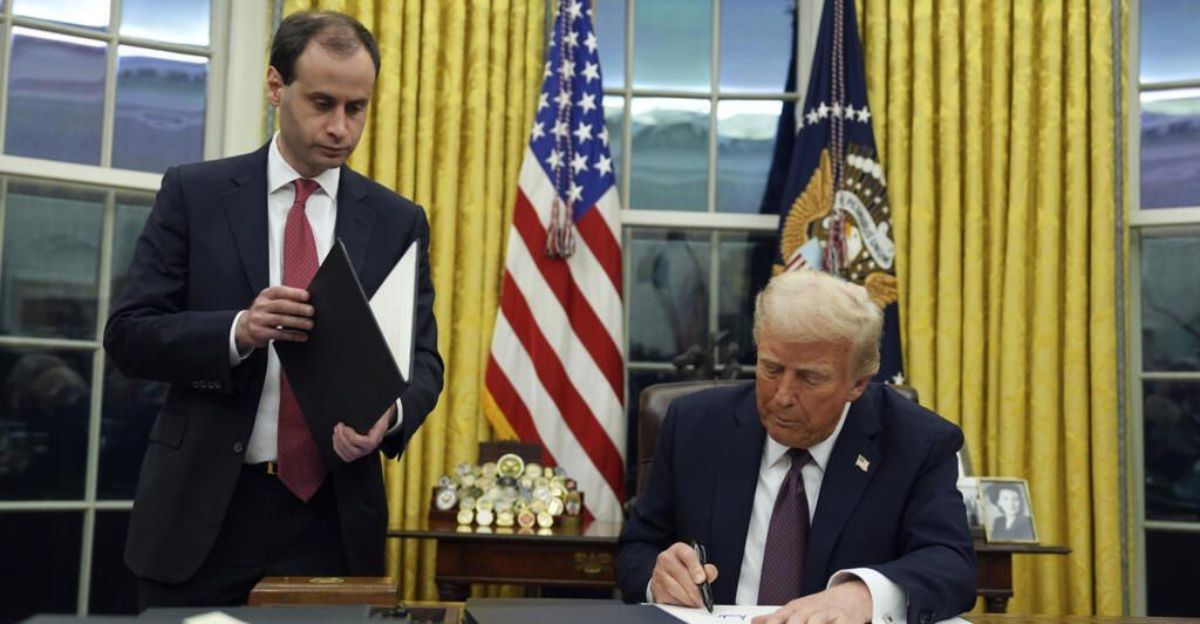
This flight comes amid sharply intensifying U.S. pressure on Mexican drug cartels and a new White House order authorizing Pentagon operations overseas. The War Zone and The New York Times indicate that the unprecedented mission signals Washington’s readiness for direct action and the precarious state of cross-border security.
Two Decades of Mexican Drug War Have Strained Cross-Border Security Relations
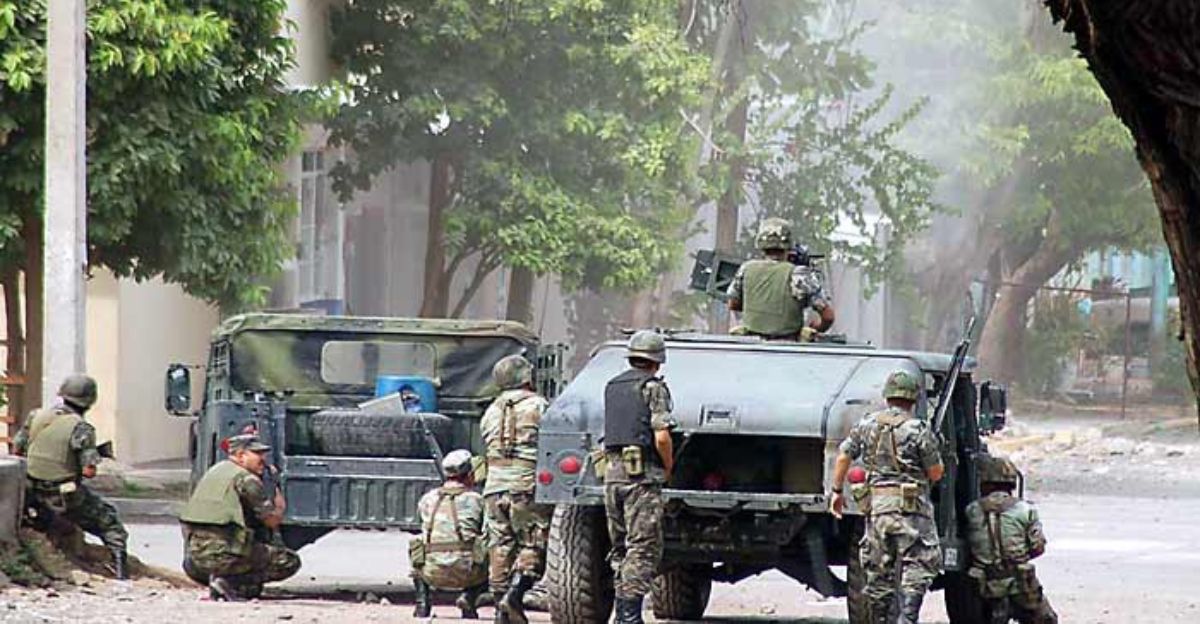
Since the “Mexican drug war” erupted in 2006, U.S.-Mexico cooperation against criminal syndicates has seenawed between unprecedented intelligence sharing and tense disputes over sovereignty. The Council on Foreign Relations notes that drone surveillance has remained relatively limited, due to Mexico’s long-standing restrictions on foreign security presence.
Fentanyl Crisis Pushes Both Nations Toward More Aggressive Countermeasures

Rising fentanyl deaths and surging cartel violence have focused U.S. and Mexican officials on expanding surveillance, extraditions, and high-tech countermeasures. However, Newsweek and Reuters report that both governments publicly reject unilateral U.S. military action on Mexican soil, complicating responses to mounting narcotics-linked deaths.
Guardian Drone Penetrates La Nueva Familia Michoacana Territory for Active Investigation
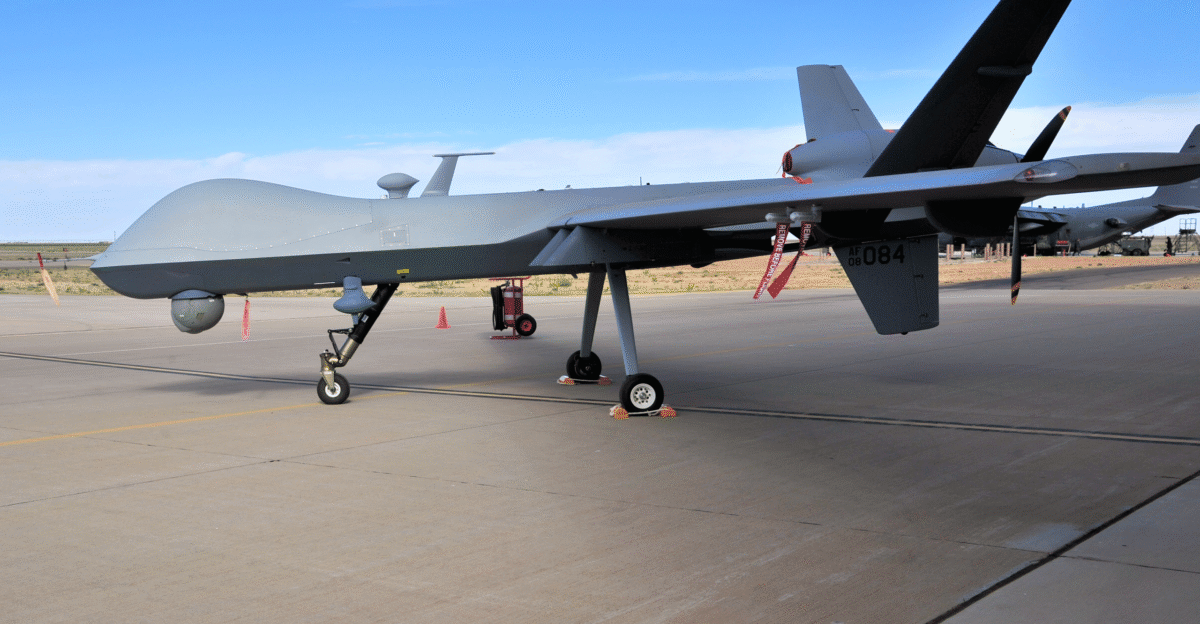
On August 13, 2025, a U.S. MQ-9 Guardian launched from San Angelo, Texas, and penetrated 600 miles into southern Mexico, orbiting an area controlled by the La Nueva Familia Michoacana cartel. San Angelo Live confirms this was a government-sanctioned move tied to active investigations.
Mexican Residents Report Increased Security Presence Following Drone Operation
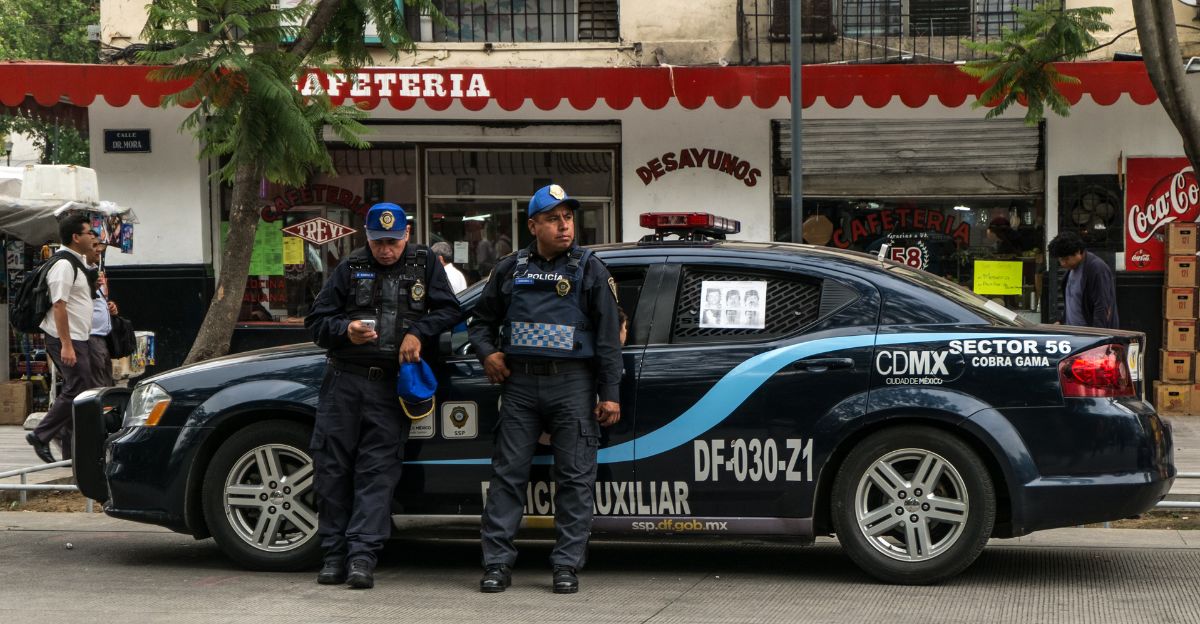
News spread quickly in Mexico’s State of Mexico region, prompting anxiety and speculation about the mission’s true objectives. The War Zone reports that residents near the drone’s flight path west of Mexico City noticed increased police and military patrols following the operation.
Cartel Brothers Face Combined Eight Million Dollar Bounty for Fentanyl Trafficking

Two La Nueva Familia Michoacana leaders, brothers Johnny and Jose Alfredo Hurtado Olascoaga, were already under U.S. indictment and $8 million in combined bounties for trafficking heroin, cocaine, methamphetamine, and fentanyl. ABC News reports these substances fuel tens of thousands of U.S. deaths each year.
Canada and International Partners Mirror U.S. Cartel Designation Strategy

The U.S. is not alone in this fight. Baker McKenzie indicates that Canada and other international partners have implemented new sanctions and criminal designations against several cartels, mirroring Washington’s February 2025 terrorist organization designations to enable stricter enforcement and financial crackdowns on traffickers.
Pentagon Commits Hundreds of Millions to Support Border Security Mission
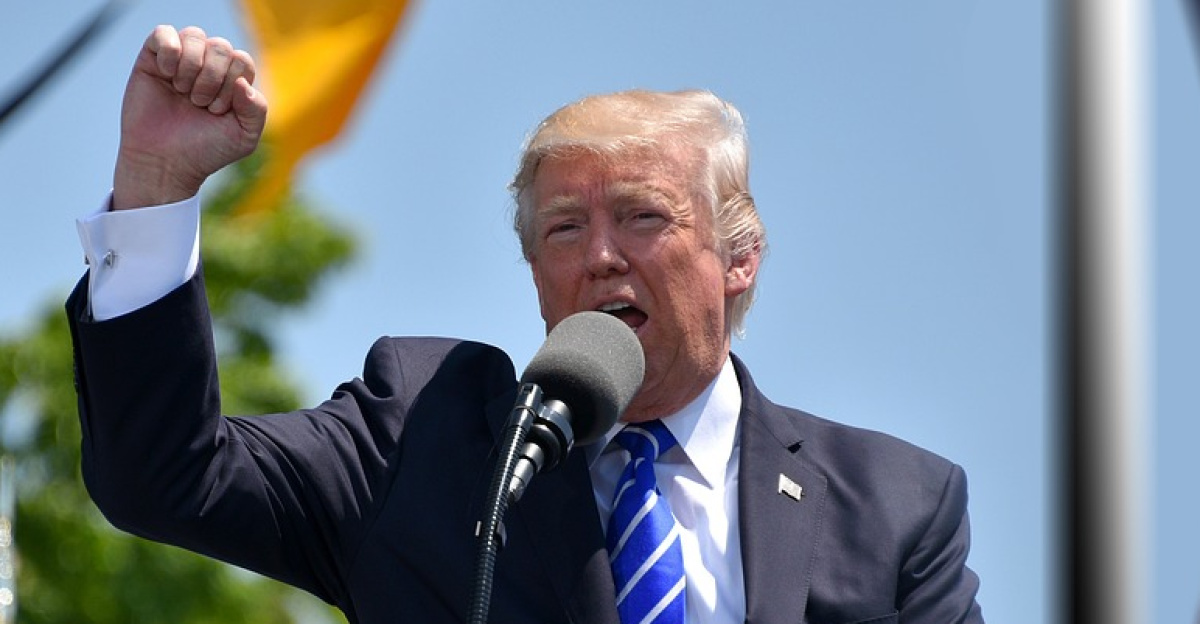
President Trump’s January 2025 executive order labeled eight major drug syndicates, including La Nueva Familia Michoacana, as foreign terrorist organizations. Stars and Stripes and DLA Piper document that the Pentagon and U.S. Northern Command have since committed thousands of new troops and hundreds of millions in resources to support Customs and Border Protection.
Treasury Department Escalates Financial Warfare Against Cartel Leadership
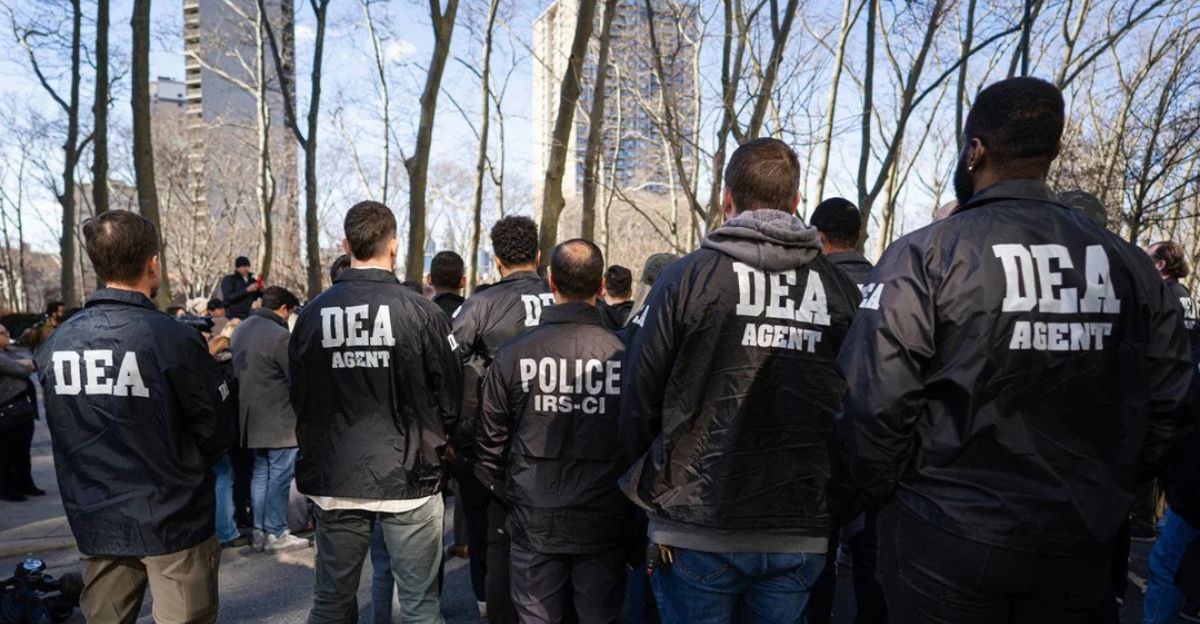
The Treasury Department and DEA have ramped up bounties, asset forfeitures, and financial sanctions on cartel leaders and their affiliates. U.S. Treasury and Reuters sources indicate officials are seeking to choke off drug profits and holding them criminally liable under new terrorism laws, not just narcotics statutes.
Mexican President Firmly Rejects Any Direct U.S. Military Presence on Mexican Soil
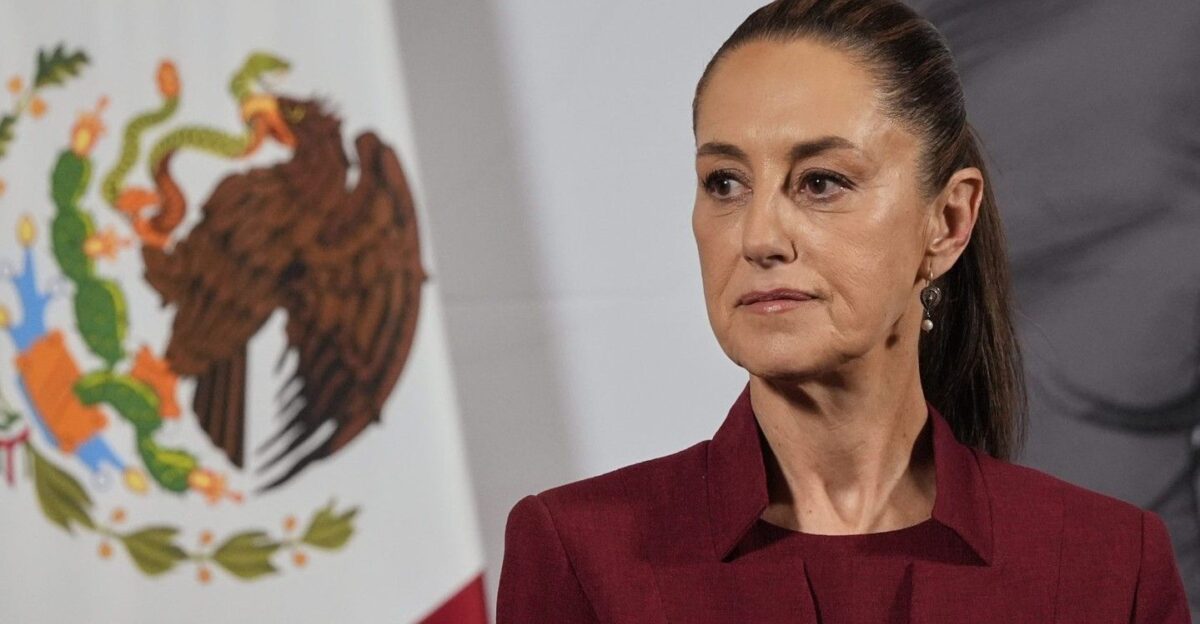
Despite public U.S. declarations of partnership, Mexican President Claudia Sheinbaum has repeatedly rejected any direct U.S. military footprint on Mexican soil. BBC and LA Times coverage show she insists such action is “absolutely rejected” to preserve sovereignty and avoid nationalist backlash.
Legal Framework Shifts From Criminal Prosecution to Counterterrorism Approach

New U.S. policy has shifted prosecution of drug cartels from standard criminal cases to the use of counterterrorism and anti-money-laundering provisions, broadening the tools available. Skadden legal analysis shows this is also causing legal, diplomatic, and operational friction between allies.
CBP Drone Fleet Doubles Flight Hours With Advanced Radar Technology
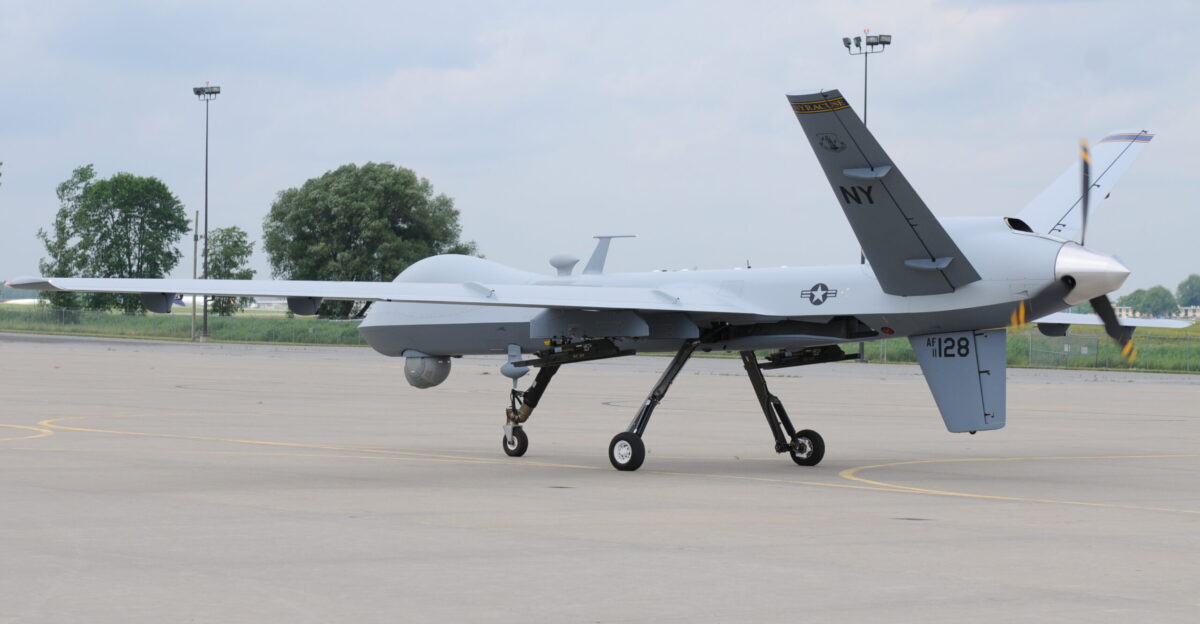
CBP’s MQ-9 fleet, consisting of eight to nine unarmed drones with advanced synthetic aperture radar, has doubled its flight hours since early 2024. The Cato Institute and San Angelo Live report that operators cite improved real-time detection of vehicles, traffickers, and clandestine airstrips, with 7% of mission time now abroad.
Security Experts Warn Against Heavy-Handed Militarization of Drug War
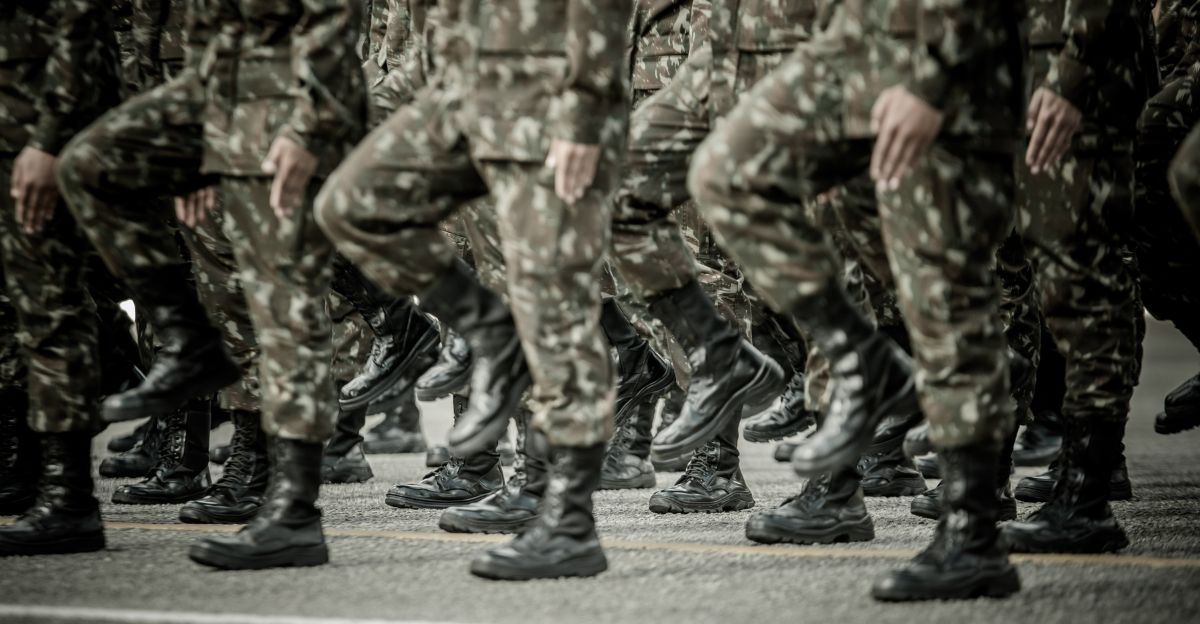
Experts argue that intensified surveillance might target top cartel leadership and disrupt fentanyl flows, but warn that lasting progress hinges on cooperation. The Council on Foreign Relations cautions that heavy-handed militarization could trigger unintended escalation or retaliation.
Cross-Border Operations May Expand as Technology Capabilities Advance
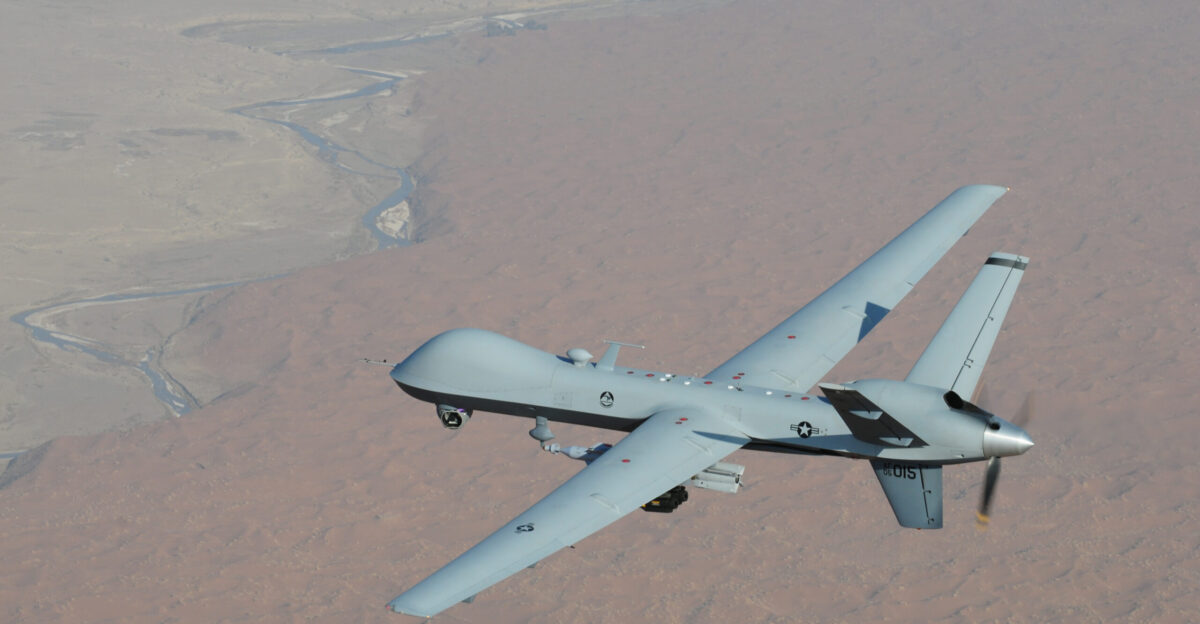
With U.S. drones now able to reach deep into cartel strongholds, Washington may further escalate technological operations or push for expanded cross-border raids. The New York Times raises whether Mexico will tolerate deeper incursions or draw a harder line on sovereignty.
Domestic Political Pressure Complicates International Security Cooperation
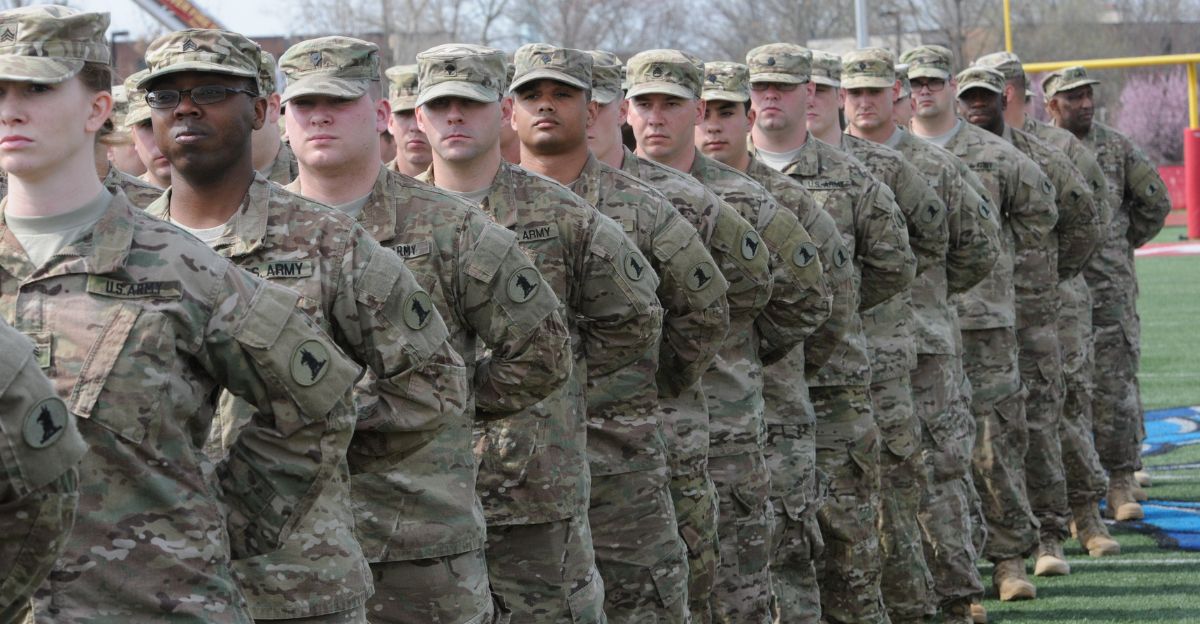
U.S. and Mexican leaders maneuver to balance political pressure for results with domestic demands for sovereignty, accountability, and human rights. Newsweek analysis shows that any visible U.S. military involvement remains a flashpoint for anti-American sentiment and legislative scrutiny on both sides.
Latin American Nations Monitor U.S.-Mexico Collaboration as Regional Precedent
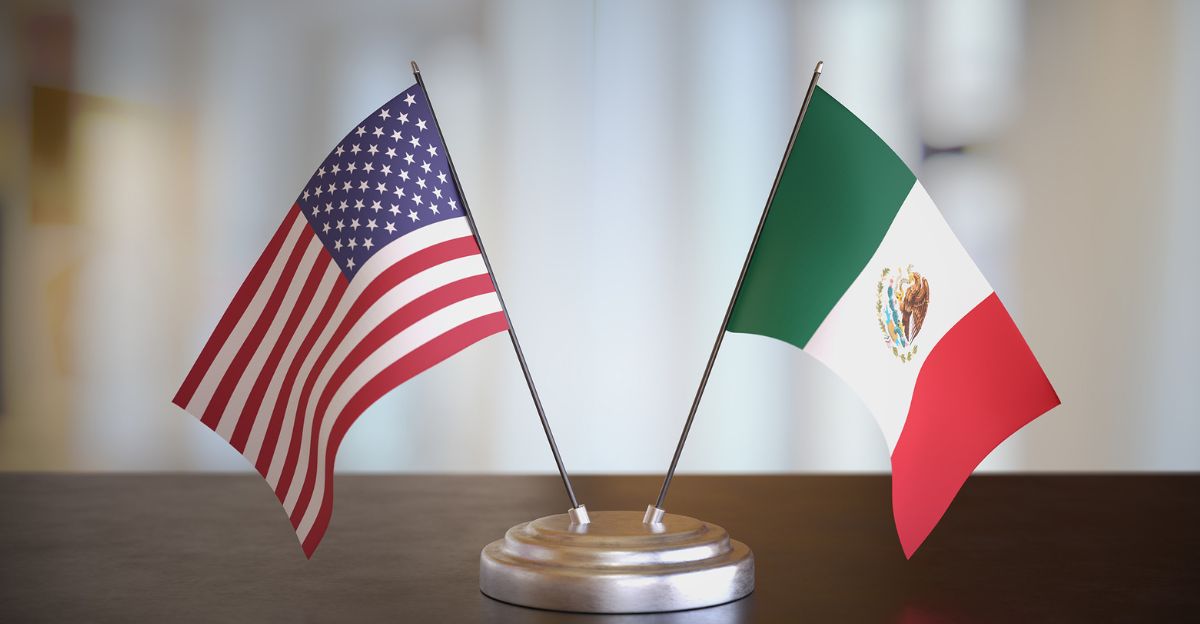
Other Latin American nations monitor the U.S.-Mexico collaboration as precedent, wary of expanded American anti-cartel actions that could reach their borders or spark calls for similar support. Americas Quarterly reports that humanitarian groups warn of regional destabilization risks.
Terrorist Designations Create Sweeping Financial Liability for Banks and Businesses

Redesignating trafficking organizations as terrorist groups leads to sweeping liability for banks and businesses, possible civil lawsuits, and strict new standards for evidence and accountability. U.S. Treasury OFAC alerts show this raises the financial stakes across the Western Hemisphere.
Expanded Surveillance Sparks Growing Privacy Debates in Both Countries
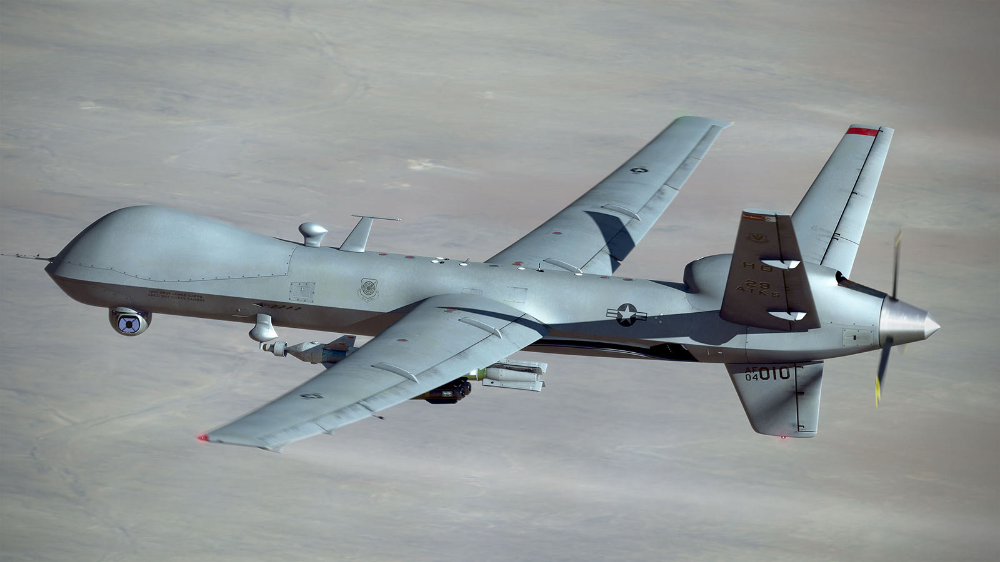
Though popular as a crime-fighting tool, the spread of surveillance generates growing privacy debates within Mexico and the U.S. The Cato Institute notes that domestic advocates warn of civil liberties risks, while some Mexicans welcome American surveillance as necessary for curbing violence.
Drone Mission Signals New Phase in Hemispheric Drug War Strategy
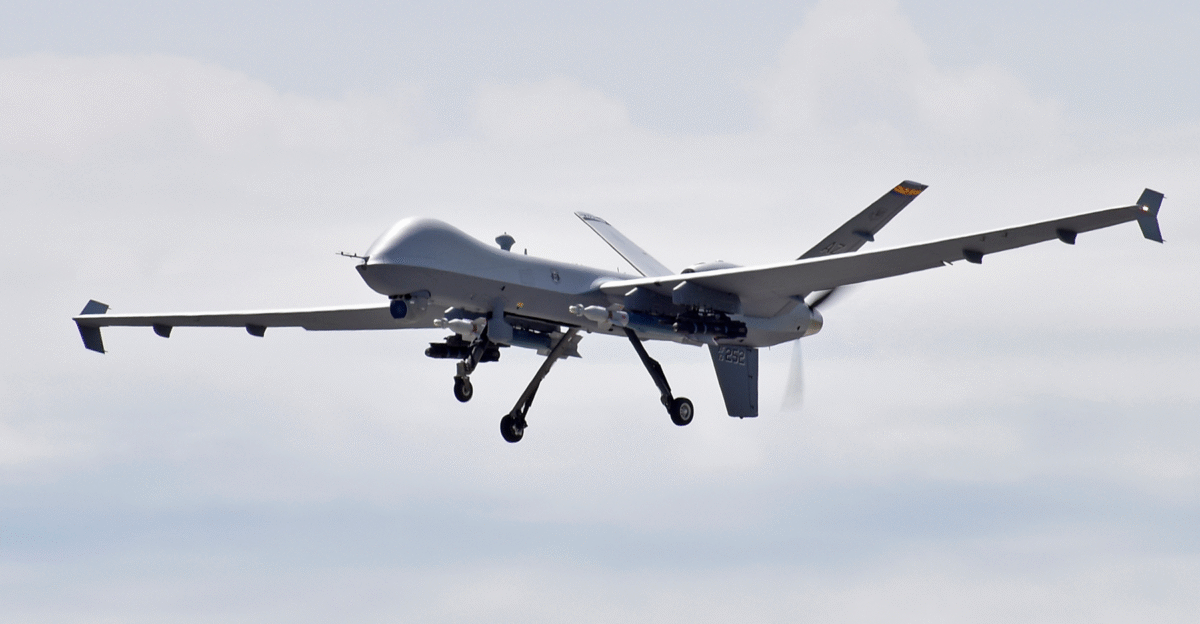
The August 2025 drone mission signals not only expanded U.S.-Mexico security ties but a turn toward a more technologically driven, risk-tolerant phase in the hemispheric drug war. San Angelo Live and The New York Times document how these tests traditional boundaries, legal frameworks, and definitions of partnership in real time.